Chemistry

Educators and Parents, Sign Up for The Cheat Sheet
Weekly updates to help you use Science News Explores in the learning environment
Thank you for signing up!
There was a problem signing you up.
-
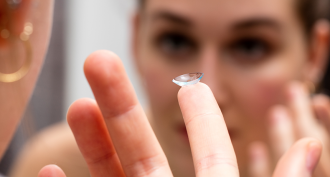 Environment
EnvironmentDon’t flush your contact lenses
One in five people who wear contact lenses flush their used eyewear down the sink or toilet. That plastic pollutes the environment and can harm wildlife.
-
 Chemistry
ChemistryThree take home chemistry Nobel for harnessing protein ‘evolution’
New ways to create customized proteins for use in biofuels and medicines earned three researchers the 2018 Nobel Prize in chemistry.
By Maria Temming and Laurel Hamers -
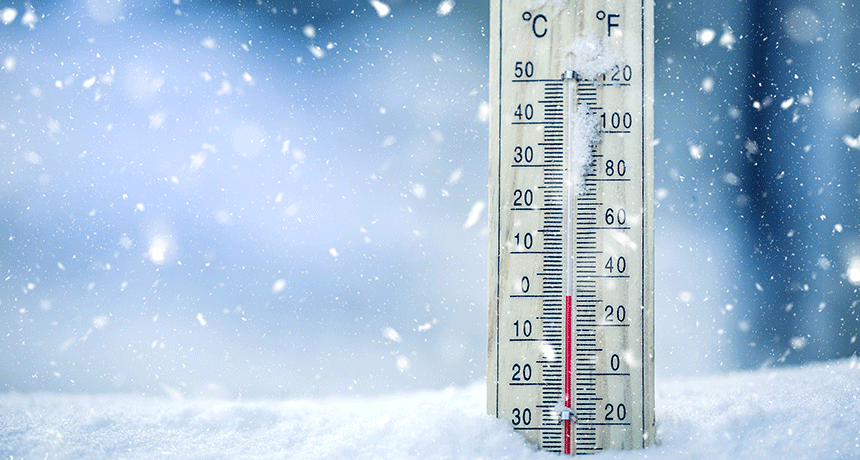 Physics
PhysicsScientists Say: Kelvin
Kelvin is a temperature scale. It’s based around the concept of “absolute zero,” a temperature so cold that molecules stop moving.
-
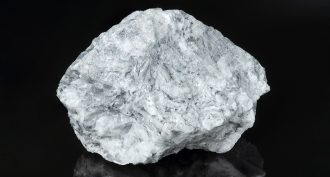 Earth
EarthScientists find an easier way to trap carbon dioxide in rock
Scientists have found a much faster and easier way to trap CO2 in minerals. If they can scale it up, it might one day help to slow climate change.
-
 Earth
EarthExplainer: CO2 and other greenhouse gases
Carbon dioxide is just one of several chemicals that contribute to the greenhouse effect. Nitrous oxide, methane and CFCs are other big contributors.
-
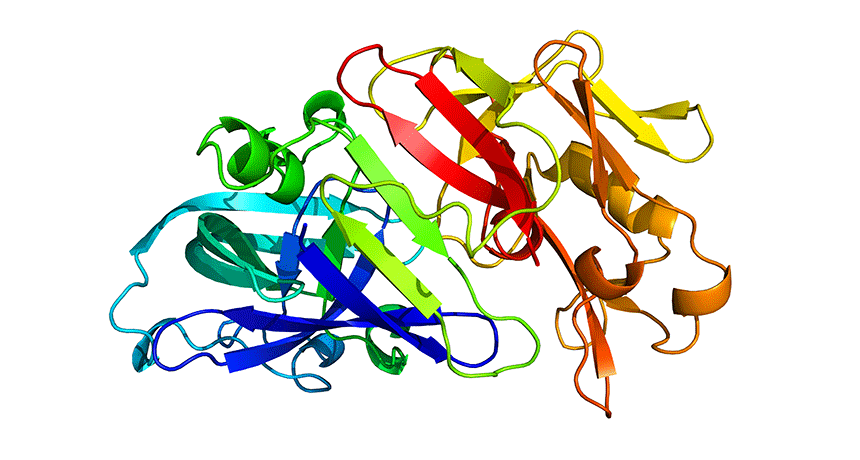 Chemistry
ChemistryScientists Say: Peptide
Peptides are short chains made of smaller molecules called amino acids. These chains can form proteins, and they can also do work on their own.
-
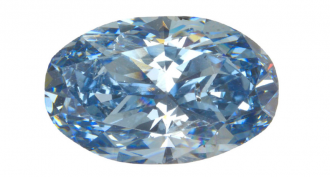 Earth
EarthRare blue diamonds form deep, deep, deep inside Earth
The recipe for rare blue diamonds may include boron, seawater and massive rock collisions.
-
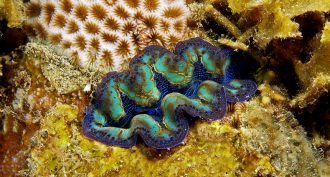 Animals
AnimalsHere’s how a clam can hide within a rock
Old boring clam research has been upended after 82 years.
By Susan Milius -
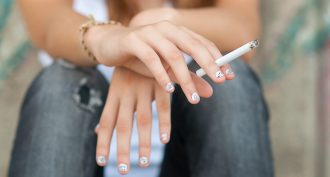 Chemistry
Chemistry‘Thirdhand’ smoke can hitchhike to non-smoking sites
Harmful “thirdhand” smoke — the type that attaches to surfaces — can hitch a ride on airborne particles or clothes and travel into non-smoking buildings.
-
 Environment
EnvironmentAnalyze This: Beauty products are big sources of urban air pollution
In cities, a larger share of urban air pollution comes from the use of bath products, cleansers and more than does the burning of fossil fuels.
-
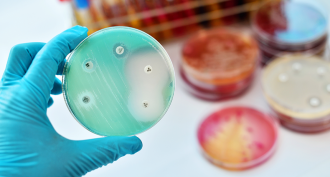 Microbes
MicrobesNom, nom! These bacteria eat antibiotics for lunch
Some soil microbes don’t just break down antibiotics, they can eat them too. Scientists have found one way they do it.
-
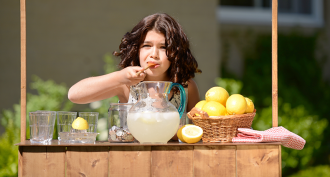 Plants
PlantsOuch! Lemons and other plants can cause a special sunburn
These are among a host of plants (many found in the refrigerator vegetable drawer) that produce chemicals that will kill skin cells when activated by sunlight. The result can be a serious, localized sunburn — sometimes with blistering.
By Aimee Cunningham and Janet Raloff